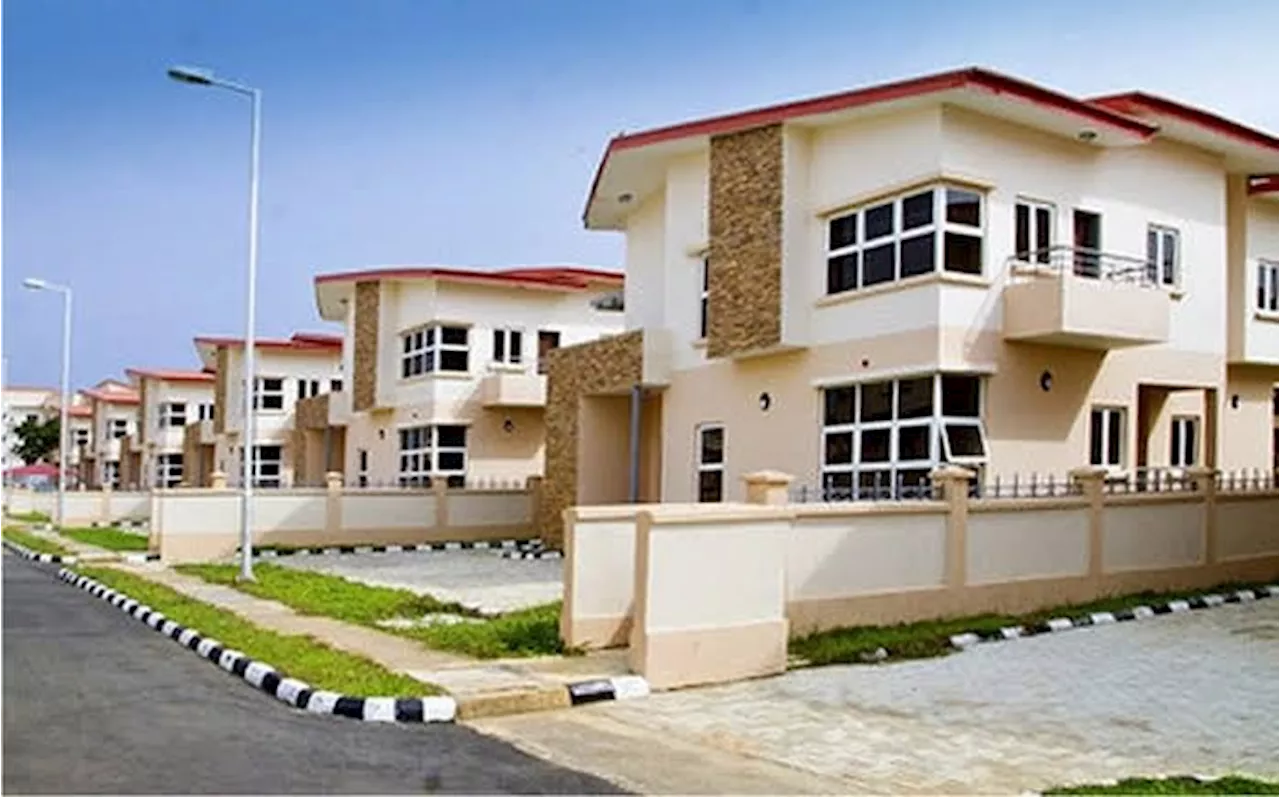A concerned Nigerian citizen has called on the federal government to urgently intervene in the escalating housing crisis across the country, describing the situation as both an economic and humanitarian challenge. In a public letter addressed to the authorities, the writer lamented that millions of citizens civil servants, traders, artisans, young graduates, and families are struggling to secure or maintain decent housing due to unregulated rent increases and rising property costs.
The citizen noted that despite some stability in the foreign exchange market, the prices of rent and property continue to soar, suggesting that the problem stems from deeper issues such as speculative pricing, poor regulation, and limited housing supply. The letter urged the government to investigate the real causes of the persistent price hikes and take firm action to correct market distortions.
The situation is said to be most alarming in Lagos, where rent prices have reportedly risen by over 400 percent in recent years. A three-bedroom apartment that once rented for about ₦2.5 million now costs between ₦8 million and ₦12 million, while serviced apartments in high-demand areas such as Ikoyi, Victoria Island, and Lekki have jumped from ₦6 million to as high as ₦35 million per year. Even middle-income areas like Yaba, Surulere, and Gbagada have not been spared, with modest two-bedroom flats now exceeding ₦2 million annually.
According to the letter, this sharp increase is forcing residents to relocate farther from their workplaces, increasing commuting times, straining public transport, and widening social inequality. The writer warned that if Lagos, the country’s economic capital, becomes unaffordable for the very people who sustain its economy, it would serve as a warning sign for other parts of Nigeria.
The letter also raised concerns about the broader economic implications of the housing crisis, noting that small and medium-sized enterprises are being squeezed by rising commercial rents, leading to business closures, job losses, and declining productivity. The writer cautioned that the trend could weaken the middle class, discourage entrepreneurship, and undermine ongoing efforts to achieve inclusive economic recovery.
To tackle the problem, the citizen appealed to the government to establish a national framework for rent control and fair housing practices in collaboration with state authorities. It further called for the strengthening of the Federal Ministry of Housing and Urban Development to regulate property pricing more effectively, as well as the expansion of affordable housing schemes through public-private partnerships. The letter urged the administration to reform the mortgage system to make home ownership more accessible to civil servants and young Nigerians, and to create transparent policies that protect both landlords and tenants from exploitation.
The writer concluded by expressing faith in the government’s Renewed Hope Agenda, emphasizing that the true measure of a nation’s greatness lies not in the wealth of a few but in the well-being of the majority. The appeal urged the government to seize the opportunity to restore housing affordability, reduce inequality, and renew public confidence in Nigeria’s social and economic future.




